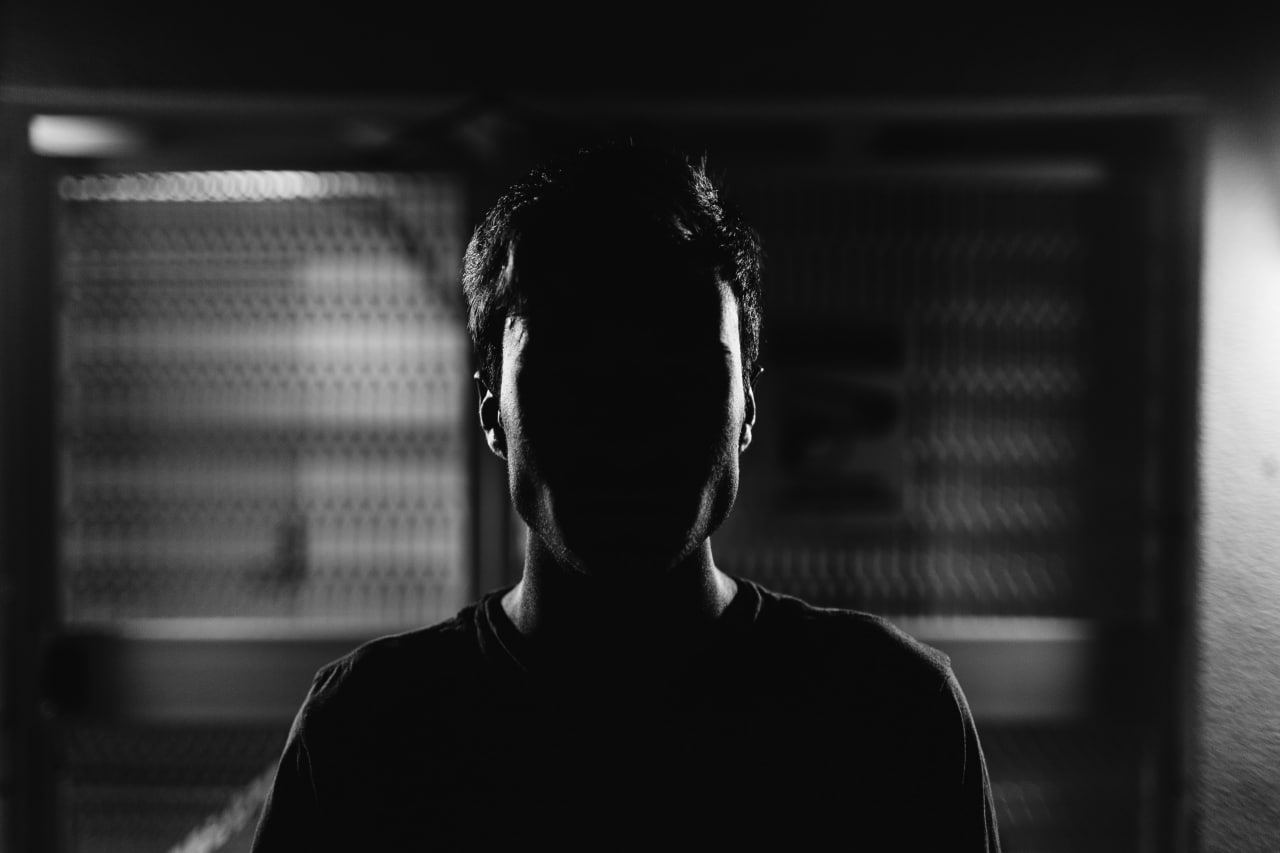Criminal charges against former Slovak minister dismissed after latest flawed prosecution
13.04.2023

A Slovak court last week dismissed an indictment against Robert Kaliňák, a former minister of the interior, after finding Slovak law enforcement authorities had made “major errors” in their investigation of the case.
Slovakia’s Special Prosecutor’s Office brought charges of bribery against both Kaliňák and a wealthy Slovak entrepreneur, Jozef Brhel, in March, after just two months of investigation. The case was dismissed less than a week later, with Slovak media noting that such an “express rejection of an indictment” was unprecedented for the country’s judiciary.
Prosecutors alleged that, in 2012, Kaliňák facilitated a bribe to František Imrecze, the former head of the country’s tax authority. Kaliňák, who was interior minister at the time, allegedly encouraged Imrecze to request a “bonus” of €200,000 a year from Brhel, who is closely tied to the opposition SMER-SD political party which is currently leading in the polls ahead of elections scheduled for September 30. Unsurprisingly, Kaliňák’s lawyers rejected the claims as being solely based on flawed witness testimony, while speculation that the charges had been politically motivated were rife.
A judge in Slovakia's Specialised Criminal Court ruled that the indictment contained serious procedural errors. In particular, Kaliňák and his defence team were not given enough time to study the prosecutor’s case, nor were they allowed to ask relevant questions of Imrecze, who has acted as a witness in a large number of supposed corruption cases. According to the judgement, prosecutors also erred in submitting the indictment without allowing the accused time to supplement the evidence. Due to these serious errors, the judge said that he dismissed the indictment without even waiting for Kaliňák and his co-accused to respond formally.
Politically motivated prosecutions
The Kaliňák debacle is just the latest to shine a light on the deep-seated problems in the Slovak judiciary. Imrecze, after all, is part of the “witness factory” which Slovakian prosecutors have been criticised for building, just one of the handful of key witnesses testifying in a large number of anti-corruption cases. Prosecutors have also been accused of coercing witness testimony through arrest and intimidation, with a former senior official of the Slovakian national crime agency (NAKA) alleging evidence tampering and blackmail.
The extraordinary dismissal of the indictment adds weight to the growing allegations that Slovakia’s ruling coalition has politicised the country’s courts in an attempt to crack down on political opponents. Notably, the indictment against Kaliňák was filed on the same day he was appointed to run the election campaign of the opposition SMER-SD party, which currently leads the polls for this year’s parliamentary elections.
In a press conference following the indictment, Robert Fico, chairman of SMER-SD, said the charges were clearly politically motivated. “Explain to me how it is possible that, just three hours after we announced Kaliňák’s appointment as the head of election staff, he was indicted based on one sentence of Imrecze,” he said. He said the indictment displayed a “gross violations of criminal law” and alleged that the governing coalition had tasked NAKA with “destroying” SMER-SD.
Eduard Burda, a prominent legal scholar who has been critical of the government’s anti-corruption crackdown in the past, told Slovakian daily Pravda that “it is clear from the very justification of the indictment resolution that this accusation was based on insufficient evidence.” Burda, who is dean of the law faculty at Comenius University, said that it was inadmissible for witness statements to be the only evidence admitted. In addition, given accusations of witness tampering in the country, the indictment “miraculously omits” any suggestion that the witness testimony may have been gained through inadmissible means.The indictment should be considered “another blow to the principle of the rule of law in Slovakia”, Burda said. “The Special Prosecutor's Office should focus more on how to do its work properly and legally, and not on how to bypass the General Prosecutor's Office of the Slovak Republic,” he said.
An embarrassment in the courts
This is the second time that Kaliňák has been criminally charged in less than a year. Last year the Slovak parliament rejected a request to arrest former prime minister Robert Fico, the chairman of SMER-SD, on charges of abusing his powers. The charges were dropped by the Prosecutor General in November. Fico and his co-accused Kaliňák , were charged with using confidential tax information to attack their political opponents.
Burda said at the time that the investigation into Fico and Kaliňák involved “a huge amount of misconduct” on the part of the authorities and “was probably the largest display of incompetence that I have ever seen”. He warned that Slovak authorities are headed for a “major fiasco” in the courts, he said. “Alongside criminal cases, there are also cases which are being driven by media and politics, and which are not so clear-cut or for which there is no evidence.”
The Slovak government’s embarrassments in court now threaten to undermine its anti-corruption drive. Far from hurting its political opponents, parties like SMER-SD can now point to the court setbacks as evidence of government overreach and incompetence. This is crucial ammunition in an election year and, ff polls are any indication, voters are beginning to take notice.